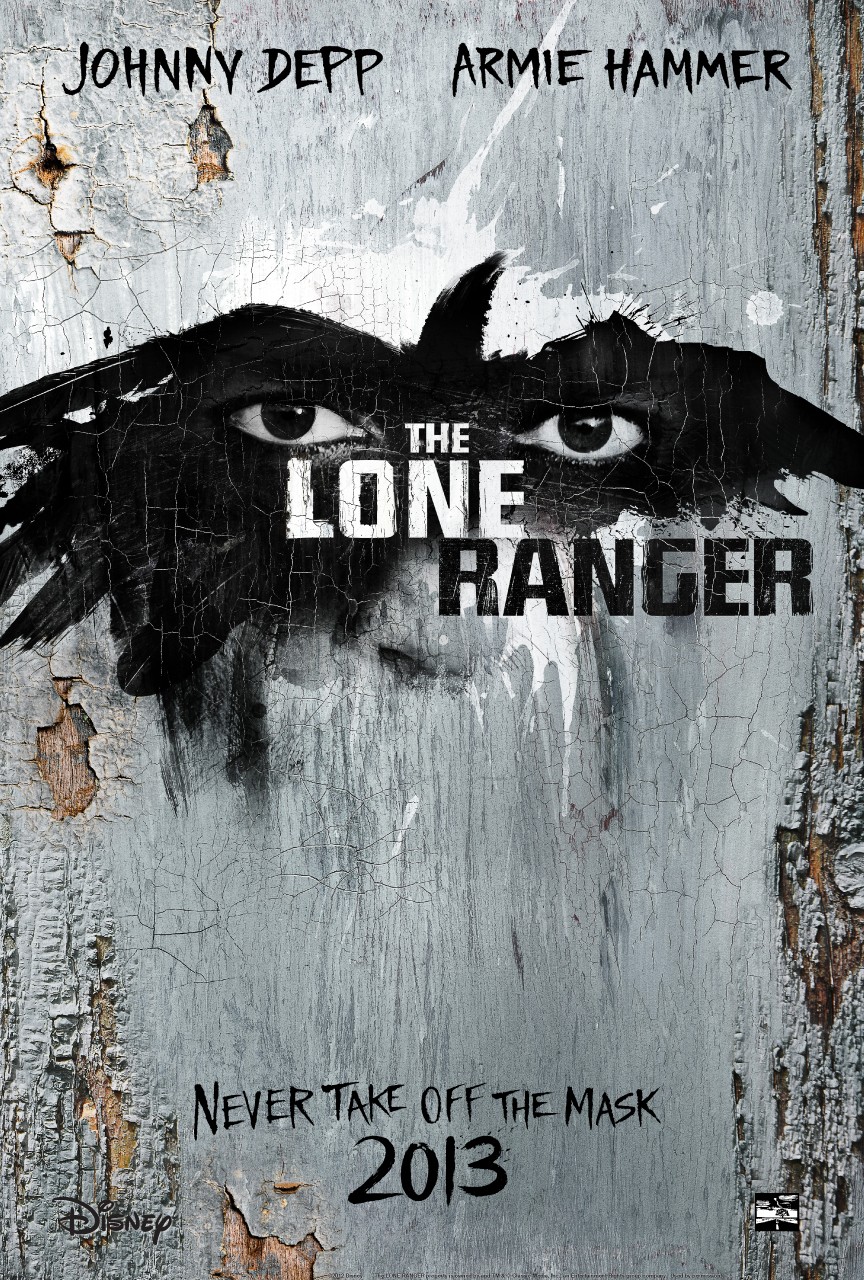


“And she said, ‘I never heard of him.’ And I said, ‘Well, he was an African-American lawman that served for quite a while in the area.’ She was very polite, she says, ‘Sir, we do not keep black people's history here.’ She couldn’t see my face, but, you know, I’m like, ‘Okay.’ ”

And a lady answered the phone, and I told her I was trying to do some research on Bass Reeves,” Burton said. “So I called up the Muskogee Historical Society. Burton poses next to a Bass Reeves mannequin at the Bass Reeves Western History Conference in Muskogee.īurton contacted historical societies across Oklahoma and was surprised by the response. He was a real good lawman.’ I was shocked, you know. “And they said, ‘Yeah, we’re quite aware of him. And I asked them, ‘Have y'all ever heard of Bass Reeves?,’” Burton said. Because, you know, if this guy was that good, everybody would have known about him.”įrom that point forward, Burton was determined to learn everything he could about Reeves. “And my first inclination was these people are off their rocker. “And then he told me that Bass could outride, outshoot, outrope, outfight out-blah, blah, blah, blah,” Burton said. But Burton’s interest in Reeves was sparked again in the '80s when he started hearing second hand information about Reeves. He first heard of Reeves as a child while at his grandparents’ home in Arcadia, Oklahoma. So to get to the bottom of whether Reeves was the real Lone Ranger, I traced the legend back to the main person responsible for popularizing it. This is just one example of Reeves’ pop culture ties, being featured in upcoming movies like Netflix’s “The Harder They Fall,” which is a western produced by rapper Jay-Z, and acclaimed TV shows like HBO’s “Watchmen.” But in recent years, people have started to also associate Reeves with being the inspiration for the character The Lone Ranger. Reeves is now considered among the most prolific law enforcement officers in American history. Bass Reeves Statue in Fort Smith, Arkansas.


 0 kommentar(er)
0 kommentar(er)
